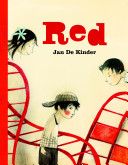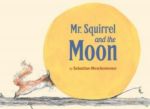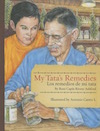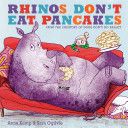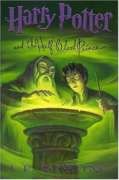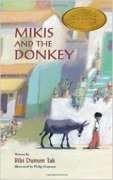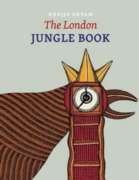
In 1941 twelve-year-old Karl is proud to be a member of the Hitler Youth, but when his father is killed on the Eastern Front everything changes–his family moves to the country to live with his grandparents, he encounters a brutal Gestapo officer, and he begins to realize that his sixteen-year-old brother has joined a youth group who opposes the Nazis.
See the review at WOW Review, Volume 8, Issue 4

